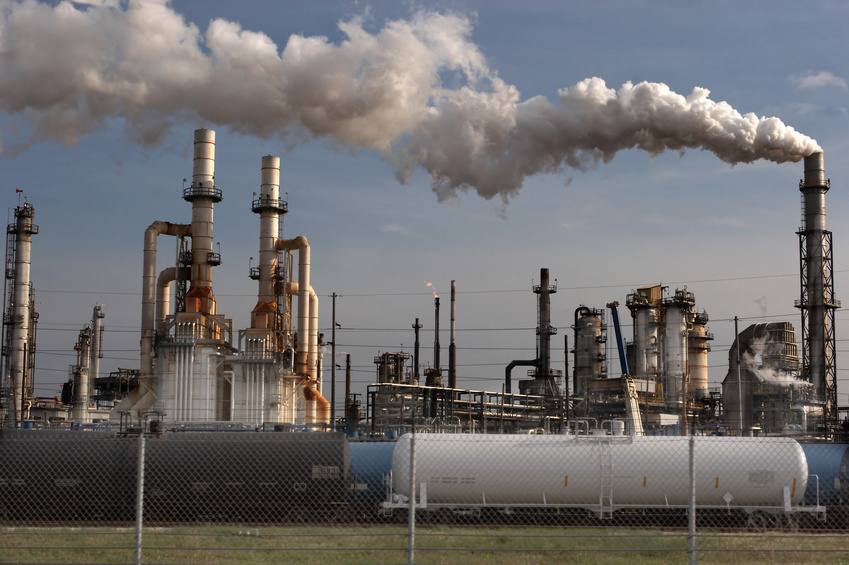DANGOTE REFINERY AND THE CLIMATE CHANGE THREAT AHEAD
It is no more news that the world is under a serious threat of climate change problems. In Nigeria, problems like global warming, greenhouse gas effects, flooding, acid rain typhoons, rising sea levels, rising sea temperatures resulting in depletion of marine organisms, earthquakes, wind storms, land and mud slides, desertification, erosion, volcanic activities, pollution, deforestation among several others just like in other parts of the world are being experienced. Negligence and a failure to tackle the issue of climate change by successive governments have also contributed to the rise of insurgency groups across the country. The menace of climate change have wide range of negative effects which are both direct and indirect and principally, it is a major problem caused by the increase of human activities of environmental mismanagement.
With a known knowledge that several times in Nigeria, climate change continuously lead increase in heat-related mortality, dehydration, spread of infectious diseases, malnutrition, damage to public health infrastructure, migration of both man and animals among others; it is unfortunate that Nigeria still invests huge capital in fossil projects. The level of neglect is overwhelming. Most recent news have been on the world’s largest single-train facility refinery. The Business Insider (Pulse) referred it to as crazy’ $10 billion oil refinery and petrochemical complex. The project when completed will be Nigeria’s first private and Africa’s largest petroleum refinery, with the expectation of a daily production capacity of 650,000 barrels per day.

This project is by Aliko Dangote, a highly successful businessman with broad political connections. Forbes named him Africa’s richest person in 2019 with an estimated net worth of $12.2 billion. The Dangote refinery will have an annual refining capacity of 10.4 million tonnes (Mt) of gasoline, in addition to 4.6Mt of diesel and 4Mt of jet fuel. It will also produce 0.69Mt of polypropylene, 0.24Mt of propane, 32,000t of sulphur and 0.5Mt of carbon black feed.
The refinery which is located at Lekki Free Zone near Lagos, Nigeria and is billed to be completed in the year 2020. An environmental journalist, Caleb Adebayo, said “such projects set to encourage and scale fossil fuel dependency for decades to come, while the coal projects are also contributing inch by inch to our increasing carbon profile.
These developments are worrisome, as they have increasingly negative effects on the environment and enhance the spate of climate change, which in turn is negatively affecting our agriculture, food security, health and economy.”
Apart from the effects on climate change, there are the adverse effects of fossil fuels on the immediate life of the communities; their livelihood, water, atmosphere and health.

With the realities of fossil fuel effects staring her in the face, should Nigeria then be encouraging investment in coal and oil, or in renewable energy forms that fall in stride with its international climate change commitments, and which are healthier and safer for the communities? He rhetorically asked.
According to a Global Rights Nigeria report, children and women, especially pregnant women, are plagued with various illnesses and the death toll is on the rise. This suffering is what would be extended to the communities in Lagos, and considering the size of the refinery, Nigeria at large. We call on a stop to investment in fossil fuels!
Amaraizu Genius


Comments are closed.